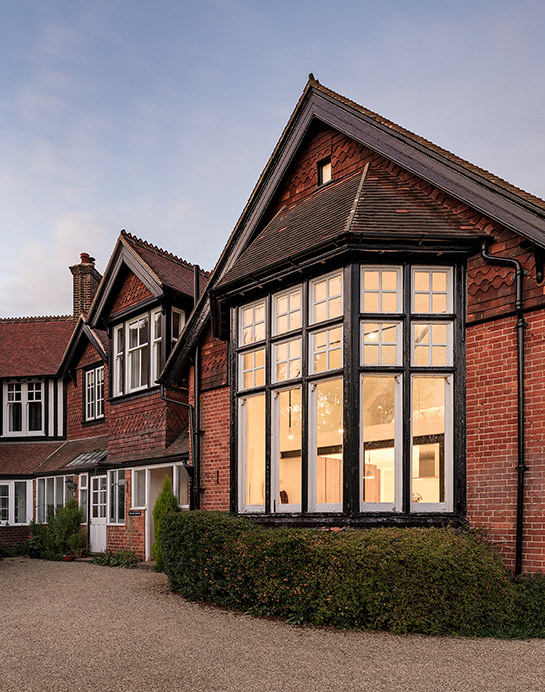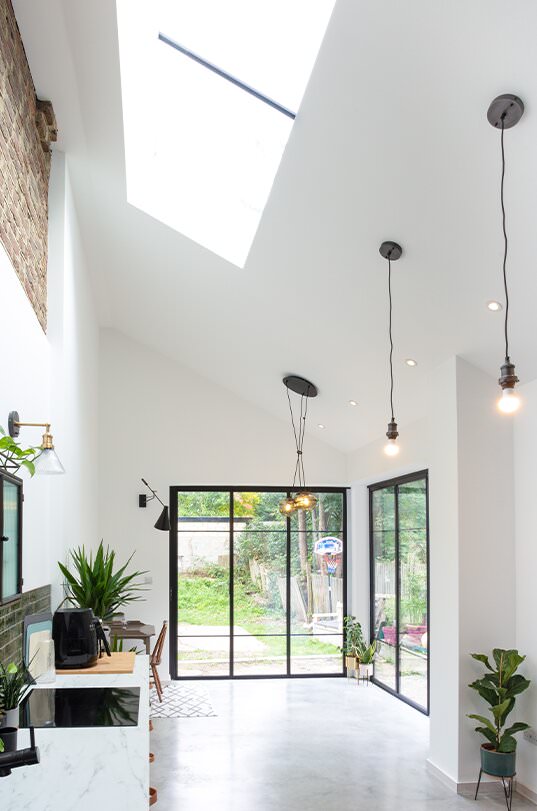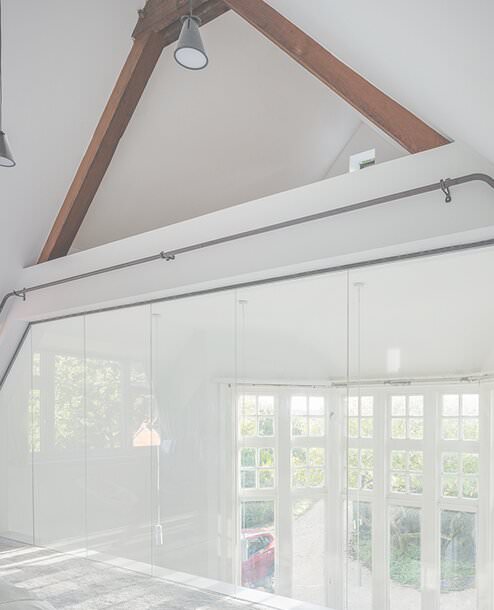Unlocking Permitted Development Rights: Transforming Offices to Residential Spaces
December 15, 2023
Discover the power of Class MA permitted development rights in reshaping urban development, focusing on repurposing existing structures to meet evolving needs. Learn how this process not only breathes new life into underutilized buildings but also addresses the demand for housing in town and city centres.
Understanding Class MA:
Class MA, a facet of the General Permitted Development Order (GPDO) in the UK, stands for 'Mercantile to Abode.' It permits the conversion of buildings, including offices and those under Class E, into residential spaces without a full planning application, streamlining the process under certain conditions.
What can you do under Class MA?
Class MA permitted development rights not only allows the change of use from office to residential but also anything under the Class E as listed below into residential:
+ Shops
+ Financial and professional services
+ Restaurants and cafes
+ Offices
+ Light industrial
+ Medical or health services
+ Creches
+ Day nursery
+ Indoor sports including gyms
Benefits of Class MA:
The Class MA process not only breathes new life into otherwise underutilized buildings but also addresses the demand for housing in town and city centres by creating a more accessible residential conversion planning route.
In this journal entry, we'll explore the nuances of permitted development rights and their impact on the evolution of office spaces into vibrant residential communities.
Limitations and Assessments:
Certain limitations accompany such applications:
1. Location:
Check whether Article 4 directions exist on site. Article 4 Direction (A4D) constitutes a component of planning legislation empowering the council to revoke permitted development rights, such as changes of use, within a designated area or specific property. This occurs in specific circumstances where it is deemed essential to safeguard local amenity or the overall well-being of the area.
Interestingly, if you’re in a conservation area – good news! PD rights may still apply to you, although your application will likely be under greater scrutiny. However, Class MA won’t apply in areas such as sites of special scientific interest, listed buildings, safety hazard areas, military explosives storage areas, scheduled monuments, areas specified under the Wildlife Countryside Act 1981, AONB, the Broads, National Parks, or World Heritage sites.
Although at the time of writing the government is considering expanding the scope to national parks and AONBs, so watch this space!
2. Usage:
The property must have been in Use Class E for a minimum of two years.
3.Vacant property:
The property must have been vacant for at least three months before applying for Prior Approval.
4. Size:
The maximum floorspace allowed in class MA is 1,500sqm – which is significantly more generous that the 150m2 prior in 2021. However, again at the time of writing this is under consideration to be doubled to 3,000 sqm so look out for the new legislation when it comes in.
Once you’re application is submitted there are various headings which the local planning authority will assess your application, these will include:
1. Transport impacts
2. Contamination risks
3. Flooding risks
4. Noise impact
5. The provision of adequate natural daylight to all habitable rooms.
6. Suitability of introduction of residential use in an area of heavy industry and waste management, storage and distribution.
7. Assessment against the loss of services as provided by: A registered nursery or health centre.
8. Fire risks
Can you make external alterations?
In the ideal world the scheme will work without any external changes, but if in the case external changes are required, it will need to be applied for via a separate planning application as Class MA does not allow for external changes.
How long and how much?
The application under Class MA has a time limit, like several other prior approvals of 56 days. Once granted you have three years from the date of the prior approval to carry out the works. There is a fee to pay of £100 to £5,000 per dwelling under Class MA.
The process of course has many nuances so it’s always worth reaching out to an architect or planning consultant to get your project moving!






